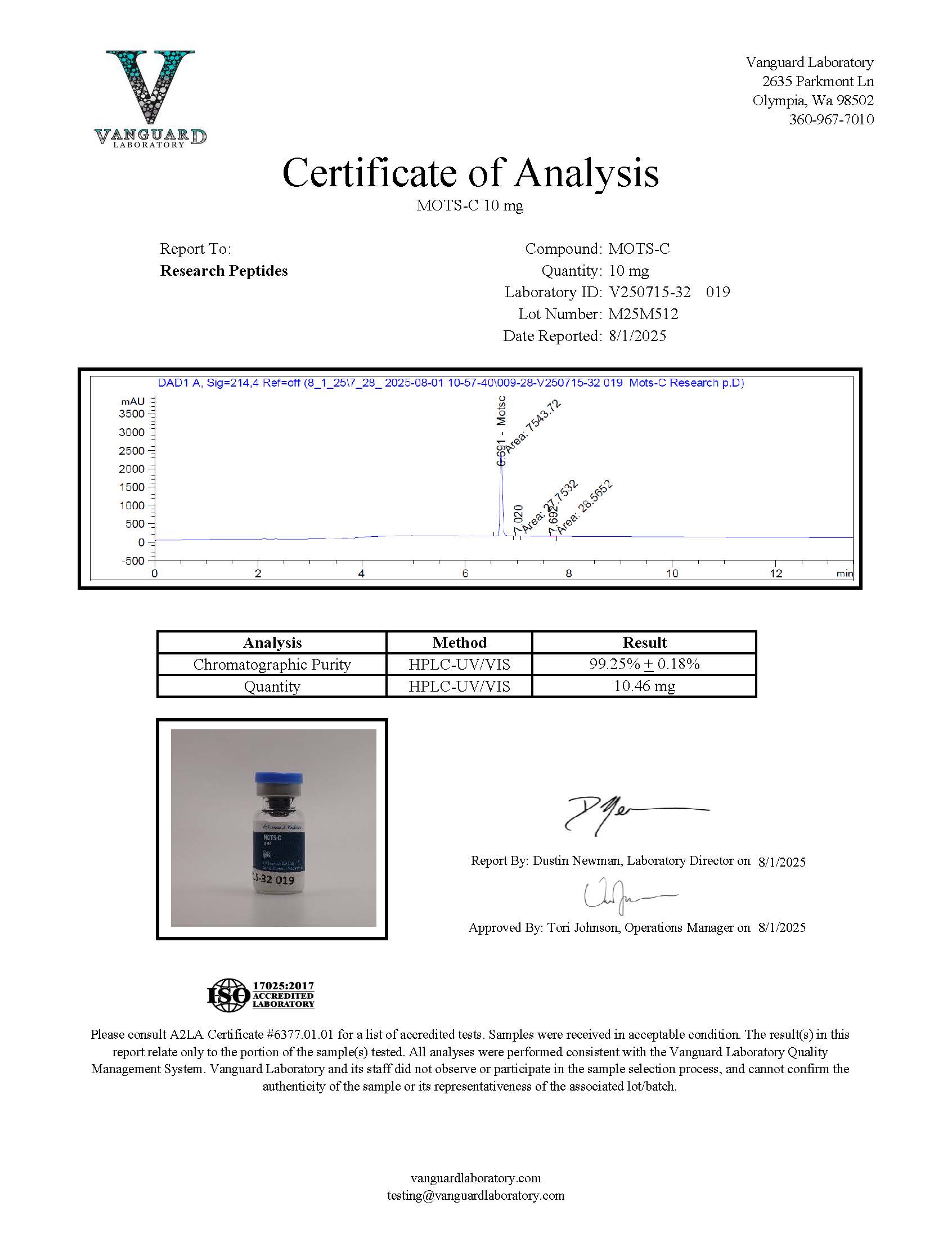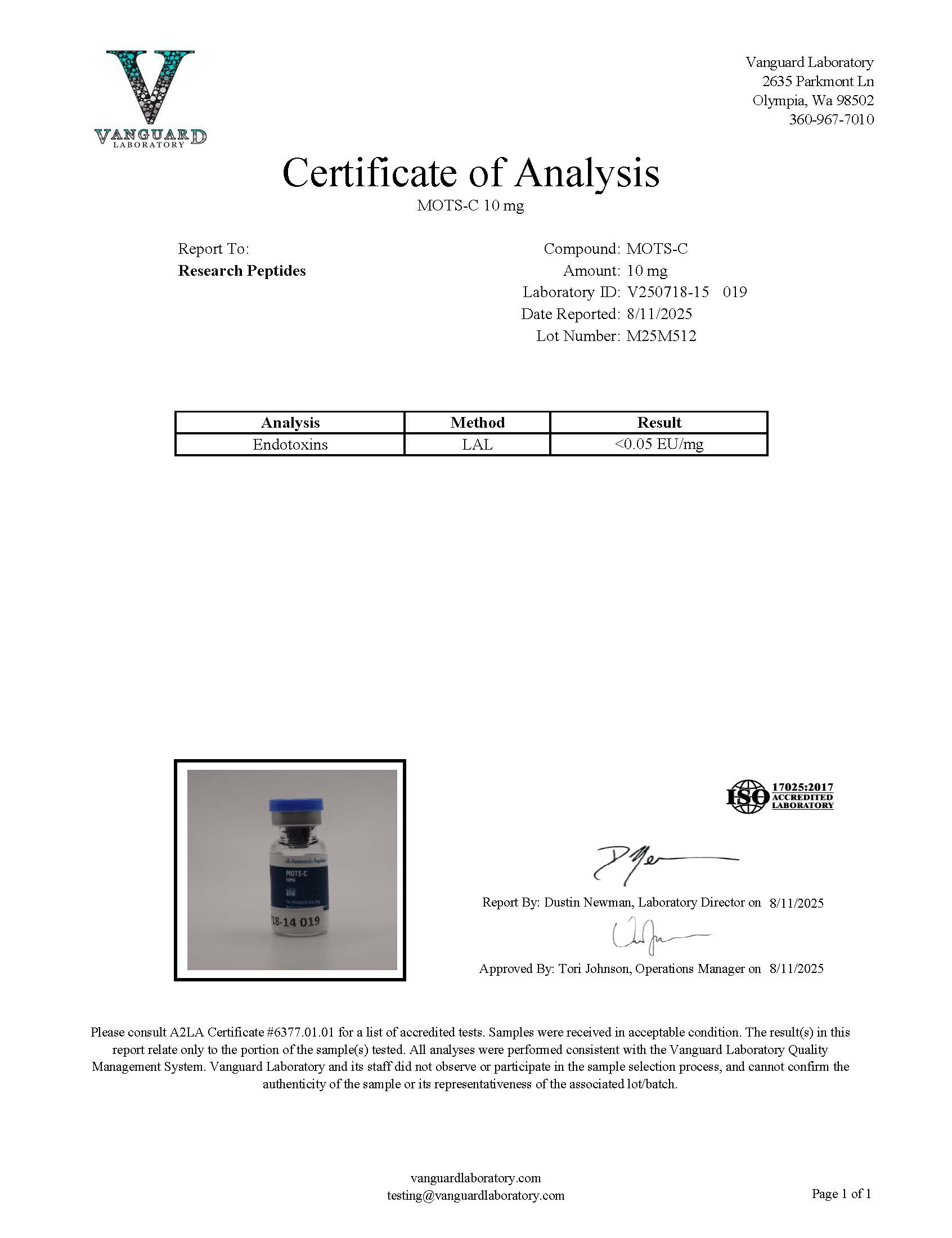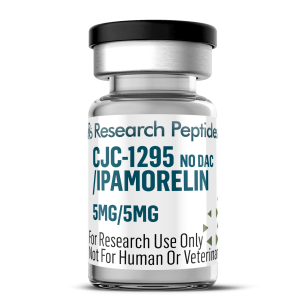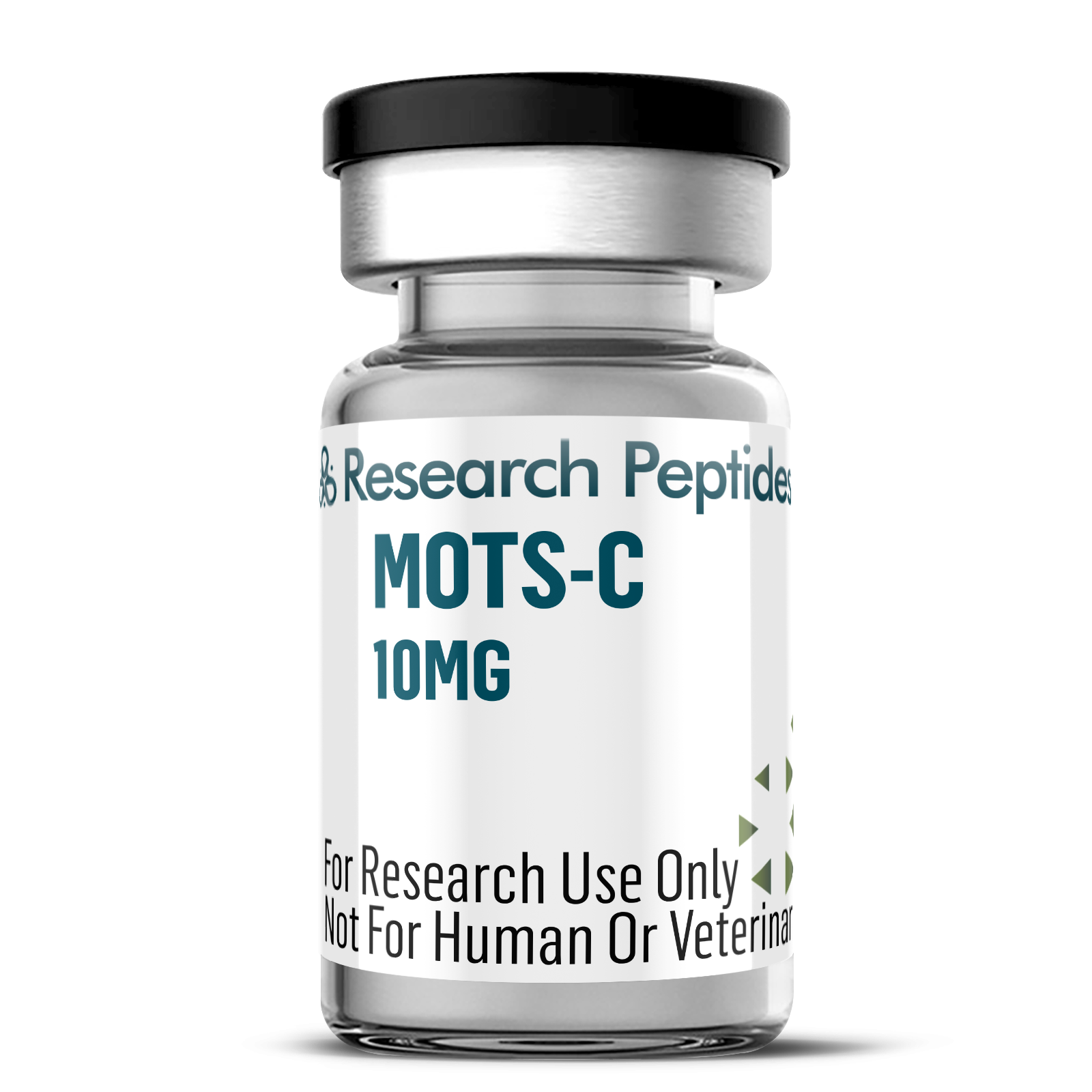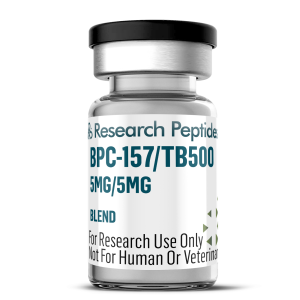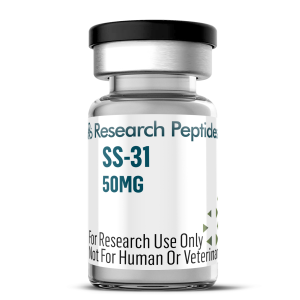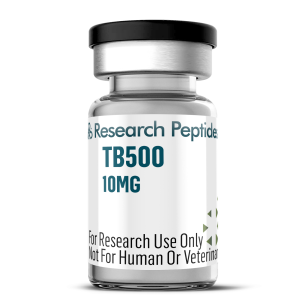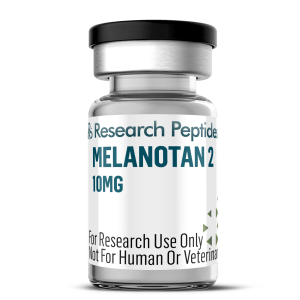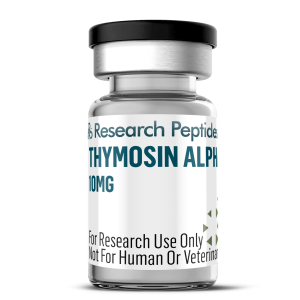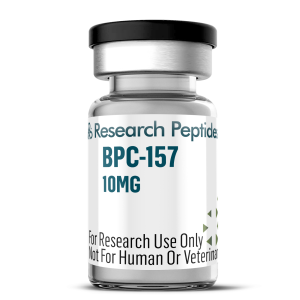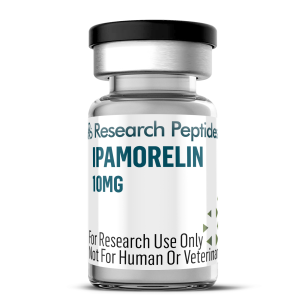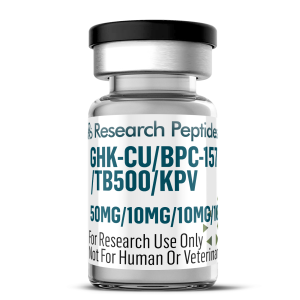MOTS-C 10mg
$55.00
In stock
MOTS-c (Mitochondrial Open Reading Frame of the 12S rRNA-c) is a high-purity synthetic 16-amino acid peptide, encoded by the mitochondrial genome, designed exclusively for laboratory research. This mitochondrial-derived peptide is utilized to investigate metabolic regulation, insulin sensitivity, and cellular stress response pathways. Supplied as a lyophilized powder for reconstitution, MOTS-c provides researchers with a precise tool to study its effects on energy homeostasis and muscle function in experimental models.
This chemical is intended solely for in vitro research and laboratory experimentation. All details provided online are for educational purposes only. Use in humans or animals is strictly prohibited by law.
What is MOTS-c?
MOTS-c (Mitochondrial Open Reading Frame of the 12S rRNA-c) is a high-purity synthetic 16-amino acid peptide, encoded by the mitochondrial genome, designed exclusively for laboratory research. This mitochondrial-derived peptide is utilized to investigate metabolic regulation, insulin sensitivity, and cellular stress response pathways. Supplied as a lyophilized powder for reconstitution, MOTS-c provides researchers with a precise tool to study its effects on energy homeostasis and muscle function in experimental models.
MOTS-c Structure
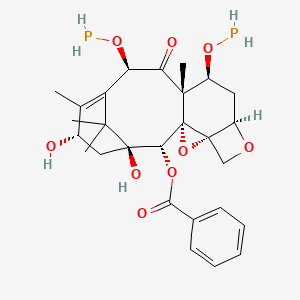
Molecular Formula
Research Applications:
MOTS-c is extensively studied in preclinical research for its role in enhancing mitochondrial function, improving insulin sensitivity, and promoting metabolic health in cellular and animal models. Investigations focus on its ability to activate AMPK signaling, increase fat oxidation, and reduce fat accumulation, making it a key compound for weight loss and metabolic research. Research also explores its effects on muscle performance and recovery by improving mitochondrial efficiency and reducing oxidative stress, supporting studies on exercise capacity, muscle repair, and overall health optimization.
Research Links:
-
Lee, C., et al. (2015). “The mitochondrial-derived peptide MOTS-c promotes metabolic homeostasis and reduces obesity and insulin resistance.” Cell Metabolism, 21(3), 443-454. https://pubmed.ncbi.nlm.nih.gov/25738459/
-
Introduces MOTS-c’s role in weight loss and insulin sensitivity in obesity models.
-
-
Kim, K. H., et al. (2018). “MOTS-c: A novel mitochondrial-derived peptide regulating muscle and fat metabolism.” Free Radical Biology and Medicine, 124, 360-366. https://pubmed.ncbi.nlm.nih.gov/29969709/
-
Examines MOTS-c’s effects on muscle metabolism and fat reduction.
-
-
Reynolds, J. C., et al. (2021). “MOTS-c is an exercise-induced mitochondrial-encoded regulator of age-dependent physical decline and muscle homeostasis.” Nature Communications, 12(1), 470. https://pubmed.ncbi.nlm.nih.gov/33483508/
-
Investigates MOTS-c’s role in muscle performance and recovery in aging models.
-
-
Yang, B., et al. (2020). “MOTS-c enhances mitochondrial function and improves insulin sensitivity in preclinical models of metabolic syndrome.” Journal of Endocrinology, 246(2), 131-142. https://pubmed.ncbi.nlm.nih.gov/32413829/
-
Studies MOTS-c’s impact on metabolic health and weight management.
-
-
Lu, H., et al. (2019). “Mitochondrial-derived peptide MOTS-c increases exercise capacity and ameliorates muscle atrophy in mice.” Molecular Metabolism, 27, 65-75. https://pubmed.ncbi.nlm.nih.gov/31285107/
-
Explores MOTS-c’s effects on exercise performance and muscle recovery.
-
Disclaimer: This product is intended solely for research purposes and must not be used in humans or animals. Purchaser assumes full responsibility for safe and compliant use.
| CAS | 1627580-64-6 |
|---|---|
| PubChem CID | 146685315 |
| Molecular Weight | 2174.60 g/mol |
| Amino Acid Sequence | Met-Arg-Trp-Gln-Glu-Met-Gly-Tyr-Ile-Phe-Tyr-Pro-Arg-Lys-Leu-Arg |
| PubChem Link | |
| Product Note | For laboratory use only. Not for human or veterinary use. Proper handling and storage (-20°C) are required to maintain stability. Ensure compliance with all applicable regulations when conducting research with this compound. Peptides will arrive in a lyophilized (powder) form for maximum stability. |
HPLC Testing
